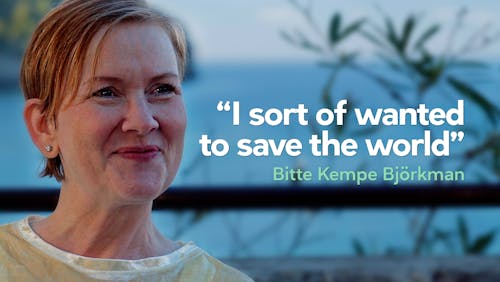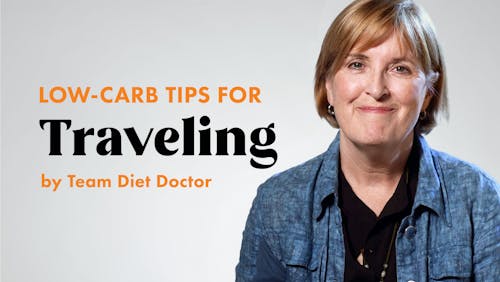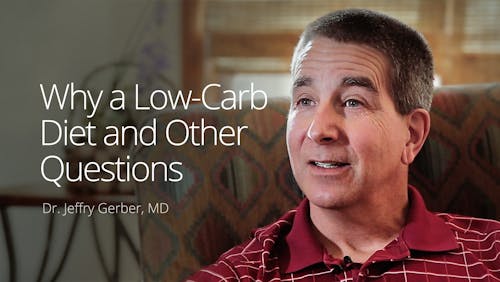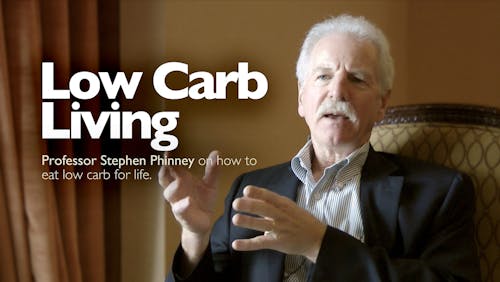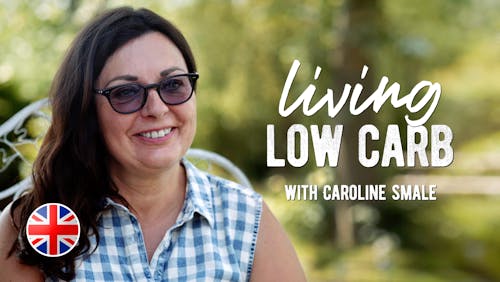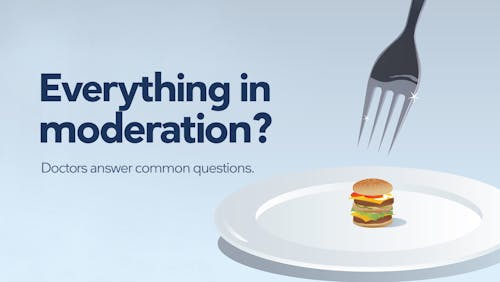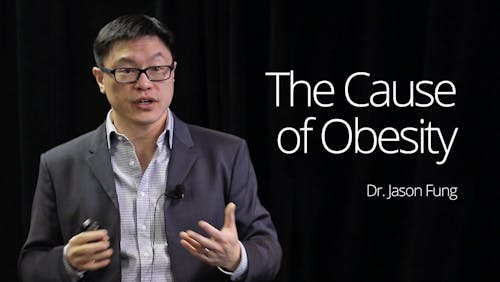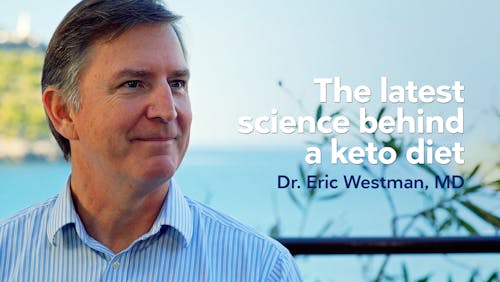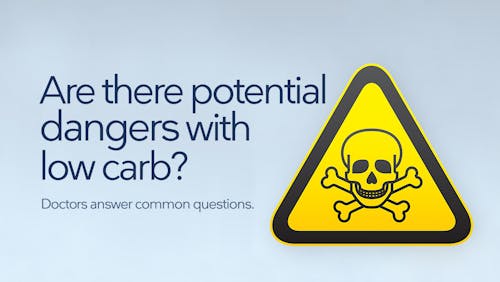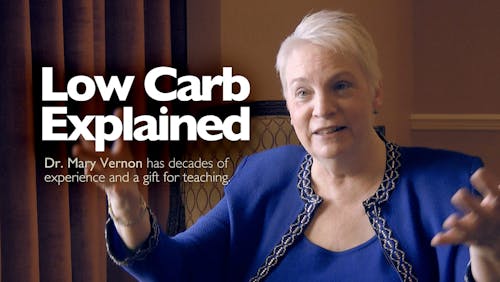How much protein should you eat for a longer life?
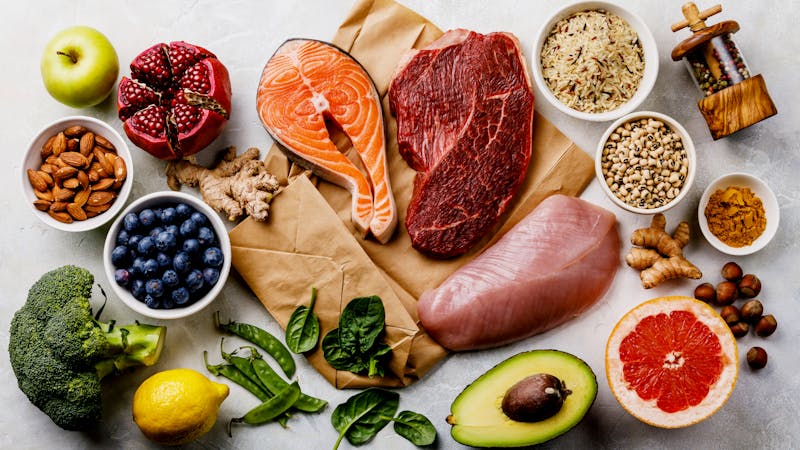
If we believe the misleading and biased report from EAT-Lancet, we should all drastically reduce our animal product consumption with a resulting decrease in bioavailable, complete protein. While that is likely misguided advice, debates continue regarding the amount of protein we need, especially as we age.
The publication of two discrepant articles on the health benefits of protein consumption further this discussion.
One news article suggests we need more protein as we age to combat age-related decline in muscle strength and resulting sarcopenia. It quoted studies that suggest those who eat higher amounts of protein have less illness, less disability and better overall health.
There’s no question that age-related sarcopenia contributes to frailty and disability, but it is unclear if there is a certain amount of protein intake that can prevent this. The standard RDA for protein is 0.8 grams per kilogram of weight. Some suggest that the elderly, however, require a minimum of 1.2 grams per kilogram, and even higher amounts during acute illnesses.
A completely different article, however, lauded the diet of Okinawans as they have one of the highest likelihood of living to 100 with 68 centenarians for every 100,000 inhabitants (three times the rate in the United States). This is despite a low-protein, high-carbohydrate diet. The Okinawans are far from vegetarians as they regularly consume pork, fish and other meats, but the estimated carb to protein ratio is 10:1 with the majority of the carbs coming from sweet potatoes.
How do we make sense of these contrary reports? One claims we need more protein as we age, while the other cites a population that exemplifies good health and longevity with a high-carb, low-protein diet.
We need to look more deeply into lifestyles than simply macronutrient intakes. For starters, any time we study a localized, isolated population without much integration with the Western world, we need to consider genetics. We also need to consider the rest of their lifestyle. In Okinawa, most locals grow up as physical farm workers who are active and outside most of the day. Compared to their industrialized counterparts, they live a low-stress life with close community connections. Their food is local, real food with no processed junk food, and they are less likely to overeat with less snacking and fewer all-you-can-eat buffets. All these factors play into their health beyond simple carb and protein ratios.
The juxtaposition of the two reports highlights the individual variations that depend upon one’s baseline health. In industrialized societies, individuals are more likely to be overweight, in poor physical condition and insulin resistant. In that setting, they are more prone to age-related illnesses and added protein intake may be beneficial to improve their health and prevent disability.
Individuals in societies such as Okinawa, however, start from a much healthier baseline. With a lifetime of more activity, lower caloric intake and a more relaxed lifestyle, they are much less prone to diseases of aging, insulin resistance and obesity. For them, therefore, added protein may not be as important.
When a report such as EAT-Lancet comes out promoting a single worldwide diet, it woefully underestimates the variability of individual needs. Some individuals require more protein, best supplied from animal sources, and some require less. It’s time for us to get away from the oversimplification of “one diet for all” philosophy and realize there are different paths to sustainable health.
Thanks for reading,
Bret Scher MD FACC
Earlier
Report: Cut red-meat eating by 80 percent to save the planet?
Turning the tables on how meat gets to the table
A low-carb diet does not mean a low-fiber diet
